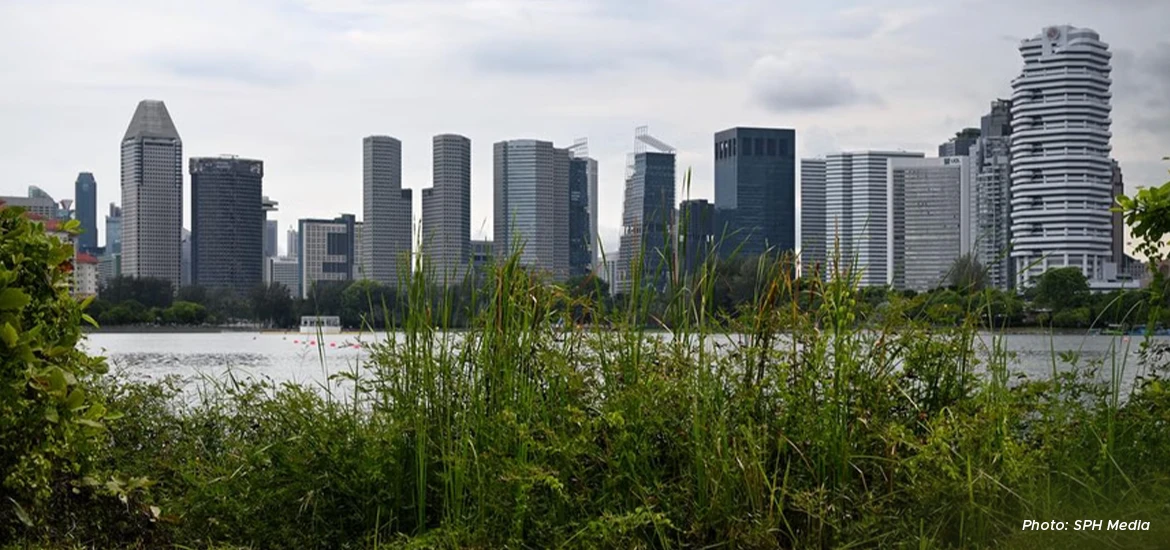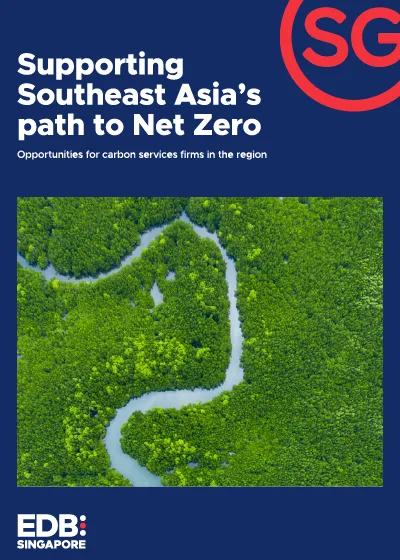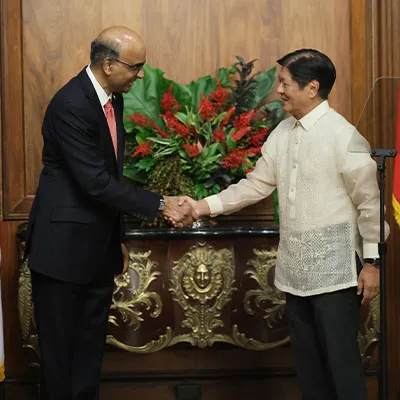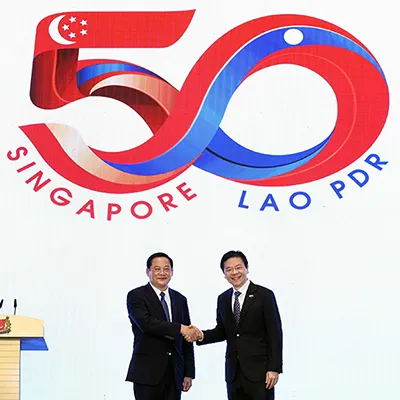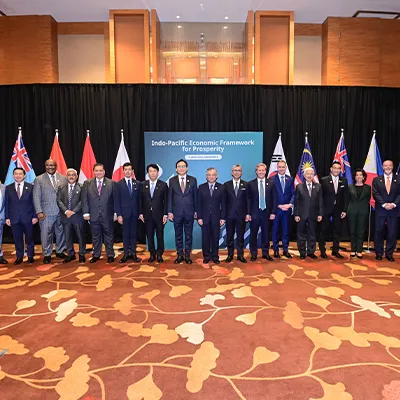News of the signing of the implementation agreement between Singapore and Peru comes as the Republic looks to buy its first set of nature-based carbon offsets to meet its 2030 climate change target.
The Government had in September 2024 called on carbon project developers and credit suppliers to propose nature-based projects that can deliver at least 500,000 credits each.
This request for proposal drew 17 submissions before it closed in mid-February. It is not immediately clear whether any of the submissions included proposals to purchase carbon credits from projects in Peru.
Of the three other implementation agreements that Singapore has, most progress has been made with Ghana.
In September 2024, Singapore and Ghana called for project developers to submit applications for their carbon credit projects in Ghana to be authorised. These applications are now being assessed.
A Singapore Government spokesperson told The Straits Times that some possible project types that may be authorised in Ghana are related to clean water supply and clean cooking.
The Republic is also progressing on negotiations with more than 15 other countries on this front, in the hope of advancing those partnerships into implementation agreements. These include Malaysia, Cambodia, and Colombia.
Dr Kim Jeong Won, a senior research fellow at the NUS Energy Studies Institute, said it is quite likely that high-quality nature-based projects will emerge from the Peru-Singapore pact.
Possible projects could be related to rainforest restoration and the conservation of watersheds – land areas where rainwater drains into a final lake or river – given that Peru has been recently leveraging nature to address water scarcity and climate resilience issues, she said.
But successful nature-based projects need stringent measures and environmental and social safeguards, she cautioned.
“Poorly planned nature-based solutions may have adverse impacts on ecosystems and human communities, as well as exacerbate climate change by releasing more carbon than sequestering – harming indigenous species, and displacing local residents,” added Dr Kim.
Source: The Straits Times © SPH Media Limited. Permission required for reproduction.
